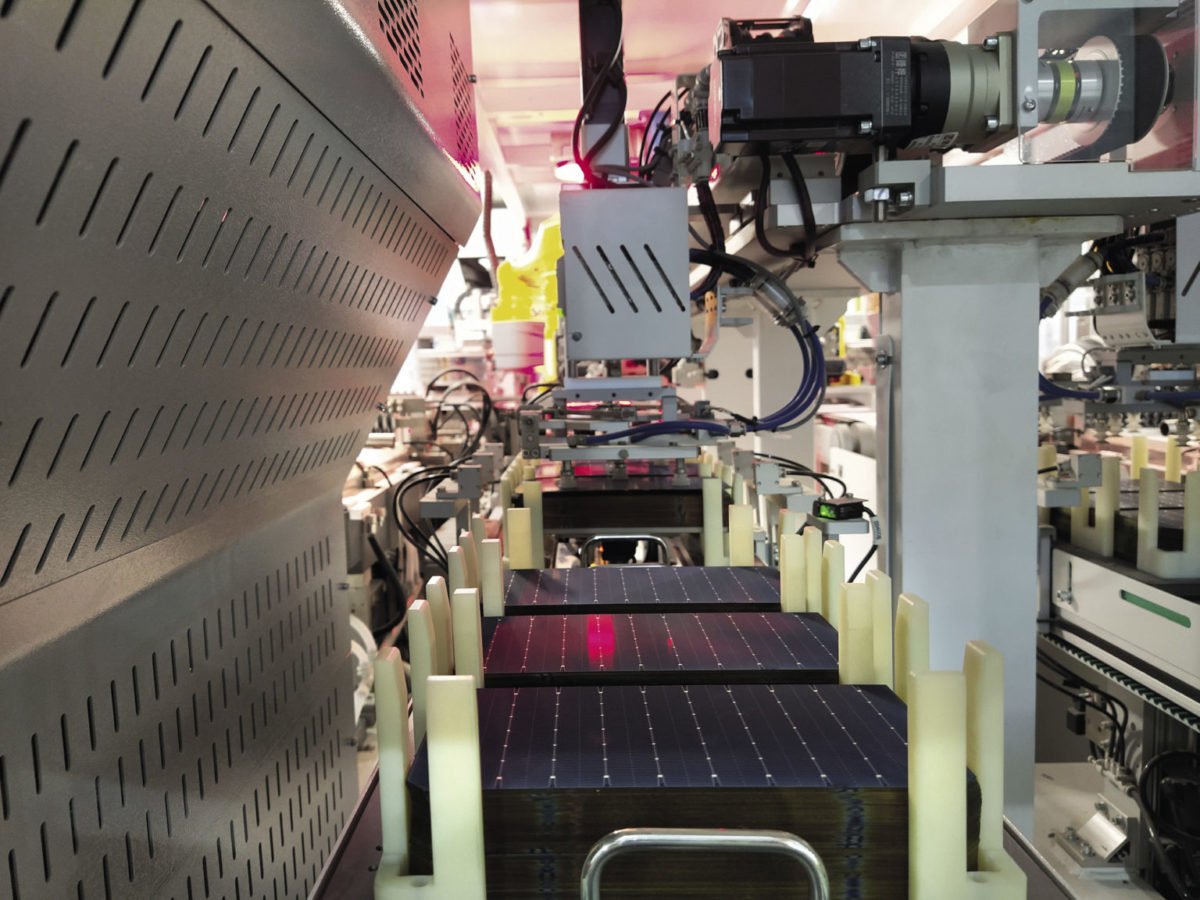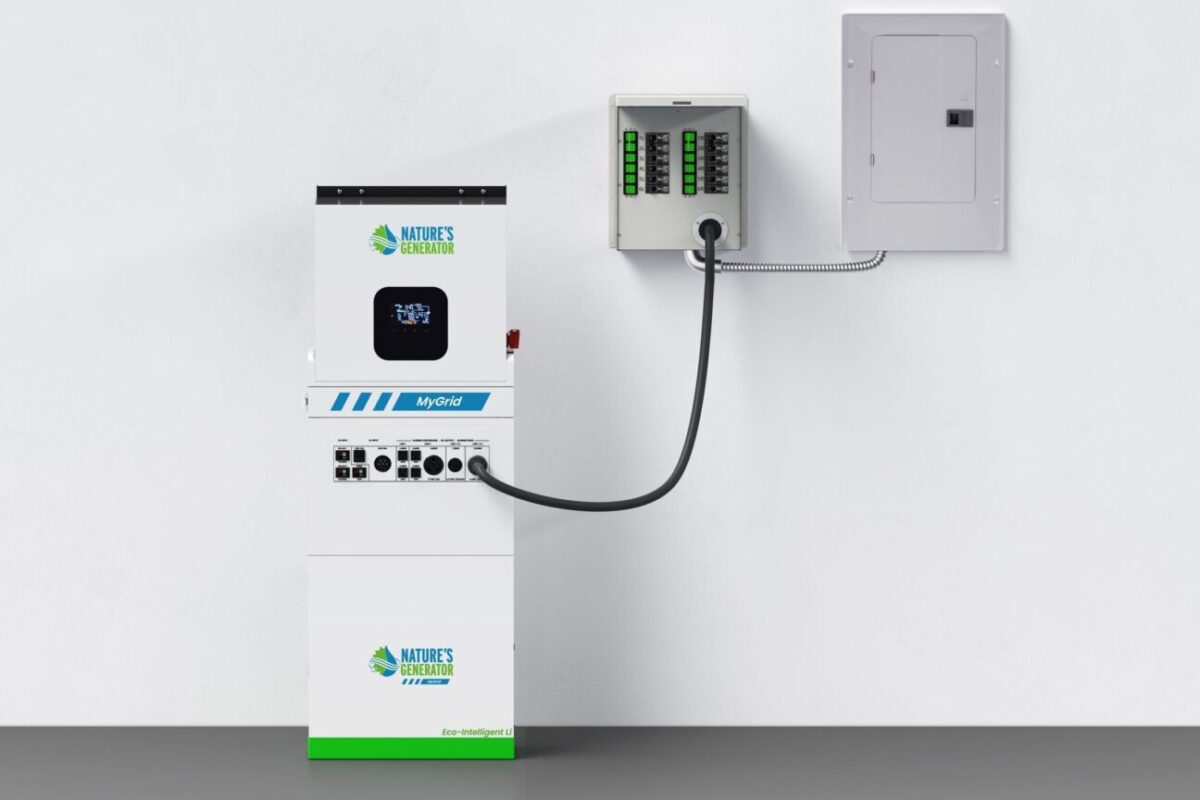From pv magazine India
Adani Solar, the solar PV manufacturing unit of Adani Group, aims to have 10 GW of polysilicon-to-solar module manufacturing capacity up and running by 2025.
The Indian manufacturer now has 2 GW of monocrystalline cell and module capacity in the Indian state of Gujarat. It is executing the expansion and backward integration in stages at its existing manufacturing sites in the state.
“We will increase our cell and module capacity to 10 GW by 2025, from 2 GW at present. Of the new 8 GW addition, we expect to commission a 2 GW module line in January and the cell line in June next year. This 2 GW addition will be based on n-type TopCon,” Rahul Bhutiani, head of sales and marketing at Adani Solar, told pv magazine at Renewable Energy India Expo 2022. “For the balance 6 GW, we are weighing the pros and cons of technologies like heterojunction and TopCon.”
Adani Solar is also setting up 2 GW of ingot and wafer capacity, which will likely become operational by December 2023. The company will scale the ingot and wafer capacity to 10 GW by 2025. Additionally, it will have an equivalent polysilicon capacity ready by June 2025.
At the same location, Adani will house ancillary units for key elements like aluminum frames, glass, junction boxes, backsheet, and trackers.
“For ancillary production, we could promote a local entrepreneur by raising a stake and support offtake by using the production for our captive consumption,” said Bhutiani.
This content is protected by copyright and may not be reused. If you want to cooperate with us and would like to reuse some of our content, please contact: editors@pv-magazine.com.




1 comment
By submitting this form you agree to pv magazine using your data for the purposes of publishing your comment.
Your personal data will only be disclosed or otherwise transmitted to third parties for the purposes of spam filtering or if this is necessary for technical maintenance of the website. Any other transfer to third parties will not take place unless this is justified on the basis of applicable data protection regulations or if pv magazine is legally obliged to do so.
You may revoke this consent at any time with effect for the future, in which case your personal data will be deleted immediately. Otherwise, your data will be deleted if pv magazine has processed your request or the purpose of data storage is fulfilled.
Further information on data privacy can be found in our Data Protection Policy.